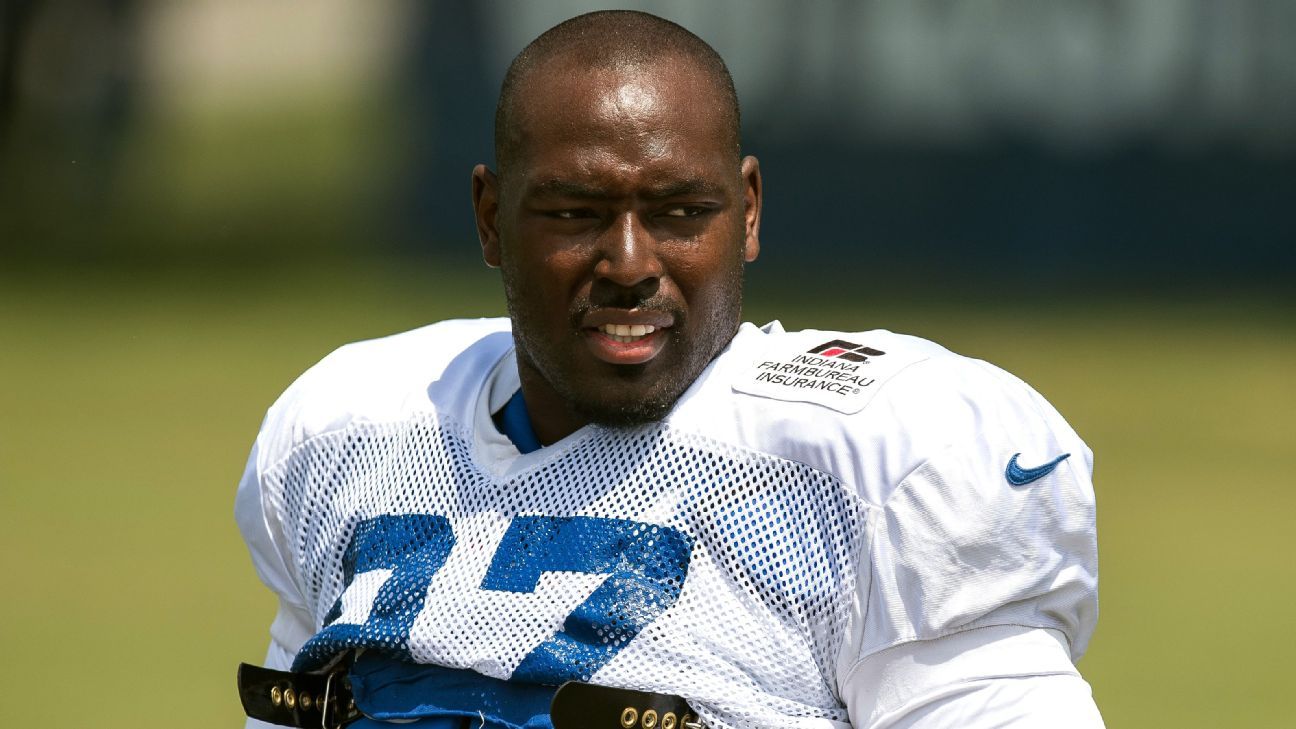Editor’s note: This story is part of Peak, The Athletic’s desk covering leadership, personal development and performance through the lens of sports. Follow Peak here.
During the 2018 NCAA men’s basketball tournament, when the Loyola University Chicago Ramblers made a Cinderella run to the Final Four as an 11 seed, Sister Jean Dolores Schmidt – the team’s 98-year-old chaplain – quickly captured the hearts of fans everywhere.
“Well,” she joked to the coaching staff, “I’m international now.”
Long before the rest of the world met Sister Jean, she was a beloved figure on campus and throughout the Chicago community. She worked at the university for over 30 years beginning in 1991. Three years later, she became the academic adviser for the men’s basketball team and the official team chaplain. From then on she counseled and mentored staff and students up until her retirement last month. Sister Jean died Thursday at the age of 106.
She was known as kind but blunt, praying for players’ success while reminding them they needed to make their free throws.
“She really was one of the greatest humans I’ve ever been around,” former player Tom Welch said in an interview Friday.
Known for her many roles on campus, Sister Jean became an international celebrity during the 2018 @MarchMadnessMBB tournament, accompanying the @RamblersMBB as they reached the Final Four for the first time in 55 years. Learn about Sister Jean’s legacy: https://t.co/YouMW1aiQx
— Loyola University Chicago (@LoyolaChicago) October 10, 2025
Here are three lessons from those around the basketball program who knew Sister Jean best:
1. Show up for people
Most nights after games, former Loyola athletic director John Planek would head to his car in the nearby parking garage and, even in the middle of Chicago’s brutal winters, he’d turn to see Sister Jean walking to her residence across the street.
“She’s there by herself, just walking down the middle of the campus,” he said. “At that time, she’s in her late 80s or 90s.”
The next morning, he said, you’d find her back on campus, looking for someone to chat with.
Sister Jean’s office was outside the shuttle bus stop for students traveling between Loyola’s two campuses. She tried to greet everyone and always left her door open so students knew they could come inside and talk.
“Sister Jean knew all the kids’ names,” Planek said. “She wasn’t just a person that was interacting with our athletic department, it was all students. I will always remember how she consistently showed up for people.”
Welch, the former player, said Sister Jean would sit and watch the full 2- to 2 1/2-hour basketball practices every day.
“That showed how much she cared about everyone,” he said. “For us players, we were running up and down the floor, but we were always kind of in awe of her ability to be everywhere at once. That always motivated me personally, her consistency to show up and be a bright light despite her getting a little bit older.”
Sister Jean was 100 years old when Welch came to Loyola as a freshman, and he was shocked that she knew the new players’ names, jersey numbers and hometowns before they had spent even a week on campus together. Now, looking back, it just makes sense.
“She always made time to really support and show how believing in a team and program and believing in being a part of something bigger than yourself makes a difference for those around you,” Welch said.
2. Passion is contagious
After Mass on campus some days, former Loyola men’s basketball head coach Jim Whitesell would go to breakfast with his wife and Sister Jean.
“We had a lot of good talks and some very good meals,” he said. “You’d get a little tidbit about what was on her mind that day. You always learned something, and you always laughed because she was very funny.”
It wasn’t until games rolled around that he realized she was also not to be messed with.
“My first time I ever heard her do the pregame prayer I about fell out of my chair,” he said.
Her pregame prayers would start as fairly standard and expected. But then Sister Jean would weigh in on the game ahead. Whitehall recalled it sounding something like:
“Let’s make sure we keep an eye on No. 3 because he can shoot from the rafters, and then No. 10, we need to be boxing him out physically. Let’s do a good job on that and then let’s pray for the officials of course. We want to make sure they do a good job for us tonight.”
She would spend time before games conducting her own research on teams and have her own scouting report.
“She would know who on the other team was good at shooting threes, who gets fouled a lot shooting — way more in depth than you would assume,” Welch said. “And she always prayed that the refs would be on our side.”
Her investment in the team, he said, was contagious. And when she would check in with the coaching staff, Planek remembers that on some occasions the staff would look around at one another and say, “You know, we hadn’t thought about that one.”
“She really led by example,” he said, “and that rubs off when you’re around her.”
3. Small gestures go a long way
Once games were over, win or loss, Loyola’s coaches and players would receive an email from Sister Jean. For some late games, the team wouldn’t make it back to campus until 3 a.m.
“But there’d be an email waiting for you,” Whitesell said. “Summarizing the game, giving her points. There was always hope or a positive outlook, but there was also, ‘Hey, look, we got to do this better.’ Good constructive stuff, so you could tell she was all in, all the time.”
At the bottom of every email, Sister Jean would make sure to include a personal message to whomever she sent it. Even if it was a small gesture, it made players feel as if someone was paying attention to them.
One in particular sticks out to Welch now.
After guarding Dayton’s Daron Holmes in a tense game, he received a technical foul. The game went into overtime and Loyola lost. Welch said he heard plenty of comments and criticism from the crowd, but when he checked his email that night, he saw Sister Jean’s message, telling him she was proud of his tenacity and the way he never backed down against a player as big and talented as Holmes.
“Hell yeah, Sister,” he remembers thinking.
Another time, she signed off her email to Welch with a suggestion:
Tom, I think that you need to relax your body more when you are playing. Try it against Drake and produce those points and great plays.
No matter a player’s role, Sister Jean wanted every one of them to know someone was watching closely who cared.
“She prepared us mentally and would really encourage us,” Welch said. “Writing emails like that every day after every game just showed how much she cared. She really just brought that togetherness.”

























